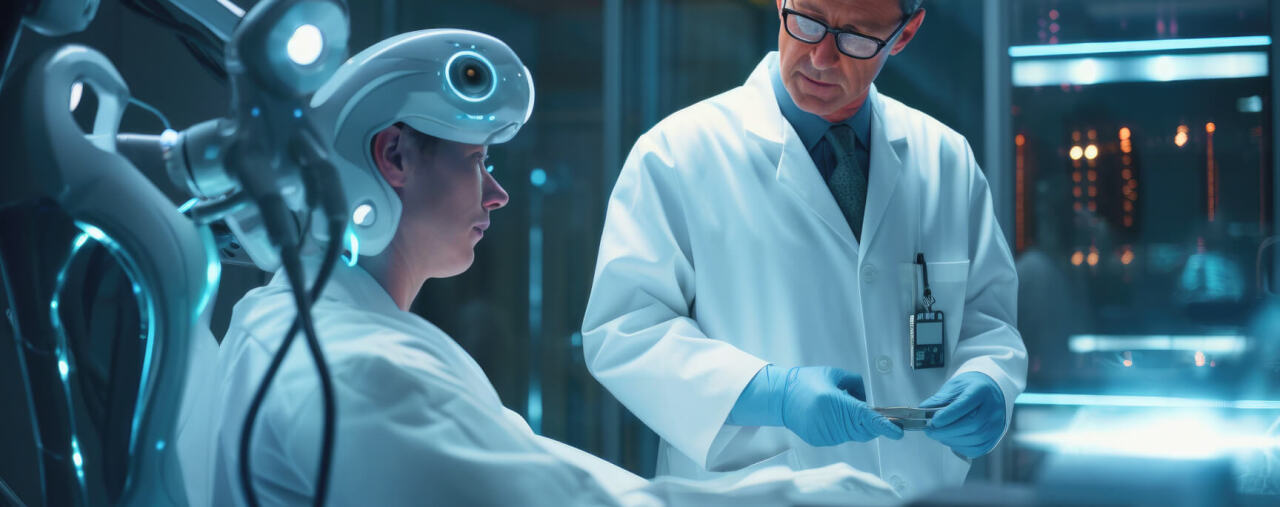
Medical equipment has evolved rapidly in recent years, thanks to technological advances and a growing understanding of human physiology. New devices are continually emerging, offering innovative ways to diagnose, treat, and monitor patients. The groundbreaking innovations discussed here are reshaping patient care, and enhancing its precision, effectiveness, and accessibility.
Join us as we delve into the latest advancements in medical devices and their transformative effects on patient well-being.:
- Diagnostic Devices: These allow doctors to detect diseases earlier and more accurately than ever, leading to better patient outcomes. Timely detection and treatment are critical for numerous medical conditions.
- Therapeutic Devices: These offer more effective ways to treat various diseases and conditions, improving the quality of life for many patients.
- Monitoring Devices: These allow doctors to track patients’ health status more closely and effectively, leading to better prevention and management of chronic diseases.
Diagnostic Devices
Some of the most exciting advancements in medical equipment are in diagnostics. New devices are being developed to detect a wide range of diseases, from cancer to Alzheimer’s, with unprecedented accuracy and sensitivity.
For example, liquid biopsies are a new type of blood test that can detect cancer cells or DNA from cancer cells circulating in the bloodstream. This test is less invasive and more convenient than traditional tissue biopsies and has the potential to detect cancer earlier than ever before.
Another promising diagnostic tool is the use of artificial intelligence (AI) to analyze medical images. AI-powered systems can assist doctors in accurately and efficiently identifying tumors and other abnormalities in medical images. Medical device software development plays a crucial role in creating these AI systems, ensuring they are reliable and effective.





